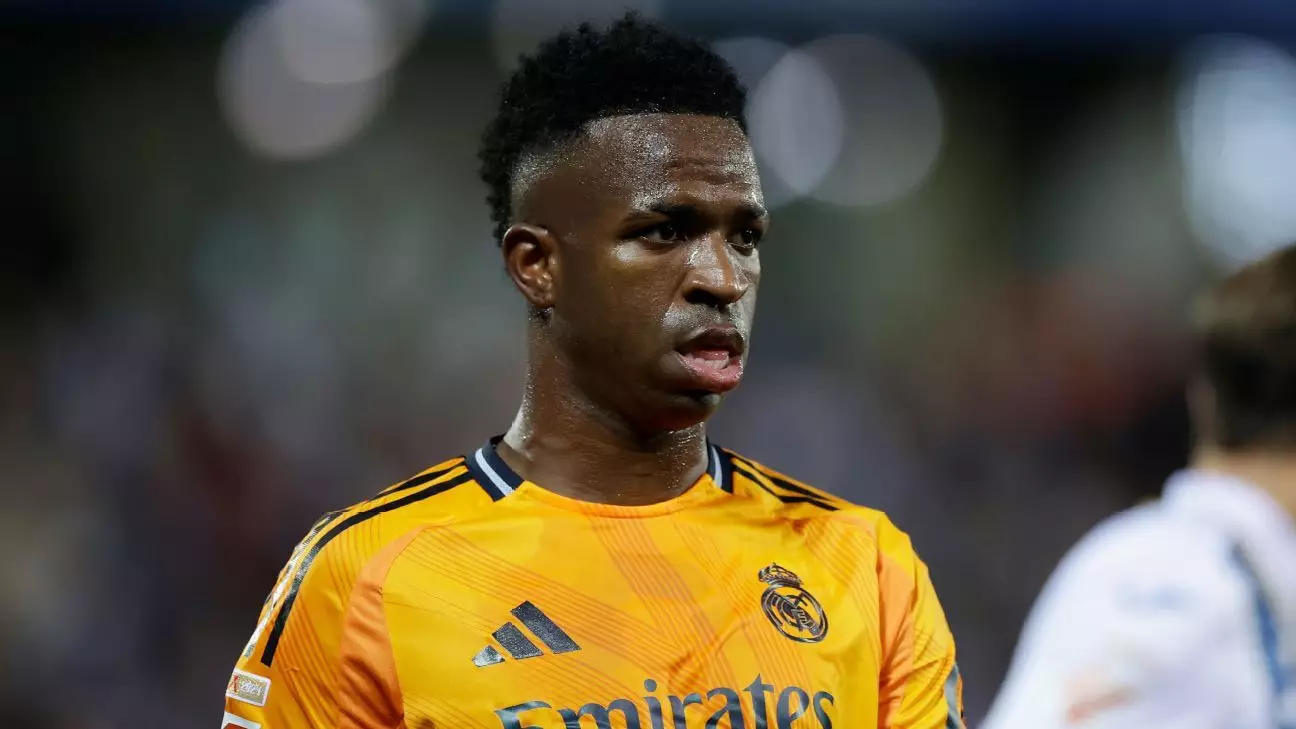Carlo Ancelotti, the esteemed coach of Real Madrid, finds himself under the spotlight for all the wrong reasons this season. After leading the club to a successful LaLiga-Champions League double in the previous year, he now grapples with the harsh aftermath of recent setbacks. The team has suffered two defeats in their last three matches, causing them to lag four points behind arch-rivals Barcelona in LaLiga and relegating them to a concerning 24th position in the Champions League standings.
The stark contrast between last season’s success and the current struggles has amplified the scrutiny surrounding Ancelotti. With expectations sky-high, every poor performance invites criticism, and Ancelotti’s response reveals a determined yet introspective mindset.
In the face of adversity and growing media pressure, Ancelotti has expressed a dual sentiment of acceptance and resilience. He acknowledges that as the head coach, he bears significant responsibility for the team’s performances. If the squad fails to deliver, the finger often points at him. Ancelotti stated, “I have to accept the criticism because the team is not at its best.” This acceptance reflects a mature understanding of the role he plays—a role that often positions coaches as scapegoats during turbulent periods.
However, Ancelotti’s perspective takes an intriguing turn when he highlights the possibility of using criticism as a motivational tool. “Sometimes criticism can be fuel to do even better,” he remarked. This perspective is essential in a high-stakes environment like Real Madrid, where the pressure to perform is relentless. Ancelotti is signaling his team to harness external pressure constructively, transforming it into an impetus for improvement rather than an anchor of despair.
Amidst the waves of criticism, Ancelotti voiced his discomfort with aspects of the feedback that transcend mere performance evaluations. He articulated a significant distinction between professional critiques and personal attacks, noting that some comments can challenge a coach’s identity. “It’s not the same to tell someone they’ve done something stupid or to call them stupid,” he elaborated. This commentary is crucial, as it underscores the human side of coaching—a reminder that beneath the tactical decisions and game strategies lie real individuals with their feelings and self-worth.
Ancelotti’s reflection enhances the conversation around the often dehumanizing nature of sports media. While constructive criticism is a staple of any competitive environment, one can argue that there needs to be an awareness of its potential emotional toll on individuals who work tirelessly under the public spectrum.
Despite facing criticism that feels overwhelming, Ancelotti maintains a determined stance. His declaration, “we have to be optimistic,” serves as a rallying cry for the squad. Even though the team has endured a challenging phase, Ancelotti emphasizes their intrinsic qualities and the potential for a turnaround. “I am convinced we will sooner or later find our best form,” he stated confidently.
This message of optimism is critical not just for the players but for the supporters as well. With the recent return of key player Vinícius Júnior from injury—a development that also promises to bolster the squad—there are flickers of hope that Real Madrid can regain momentum. Ancelotti confirmed that while Júnior wouldn’t feature against Girona, he would likely be back in contention for the more demanding Champions League encounter against Atalanta.
Among the many factors influencing Madrid’s current form, Ancelotti pointed out the unique characteristics of star player Kylian Mbappé. The forward has recently struggled with maintaining peak performance, missing crucial penalties in high-stakes matches. Ancelotti emphasized the need for increased consistency and understanding among teammates—a poignant reminder that football is, at its core, a team sport.
“The connection will come little by little,” he assured, highlighting the necessity for players to adapt to each other’s playing styles to foster on-field chemistry. This belief in teamwork, coupled with the determination to rise from setbacks, encapsulates what it means to lead in a city driven by passion and history.
Carlo Ancelotti’s nuanced approach to criticism reflects a coach who understands the demands of his role and seeks to turn adversity into opportunity. His commitment to harnessing a positive outlook, nurturing team dynamics, and addressing concerns with care embodies the resilience needed to navigate the highs and lows of football management. With his steadfast resolve, Real Madrid may yet find its path back to glory.

